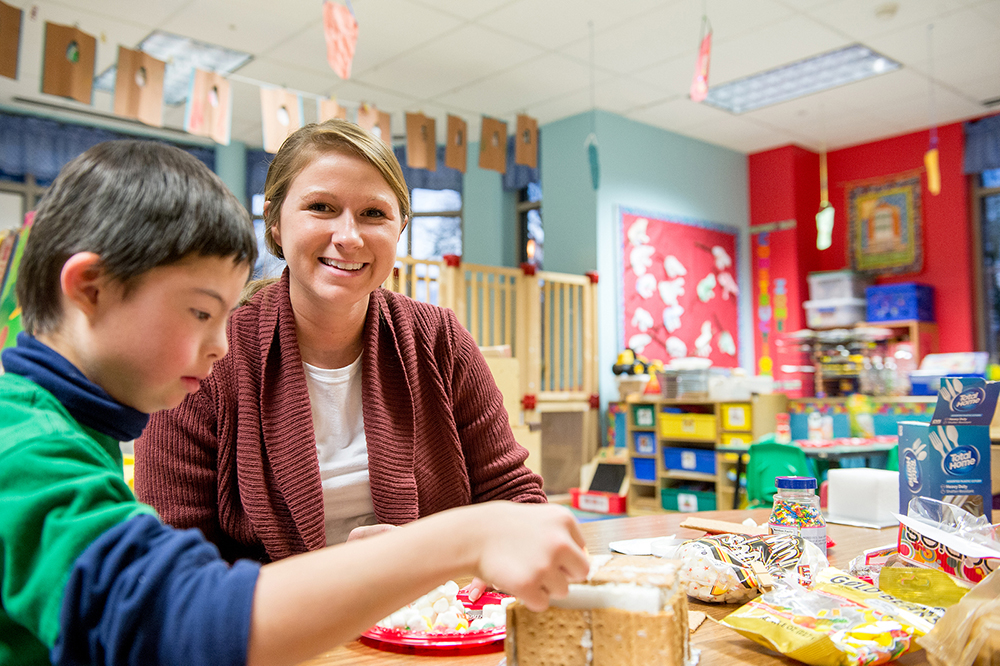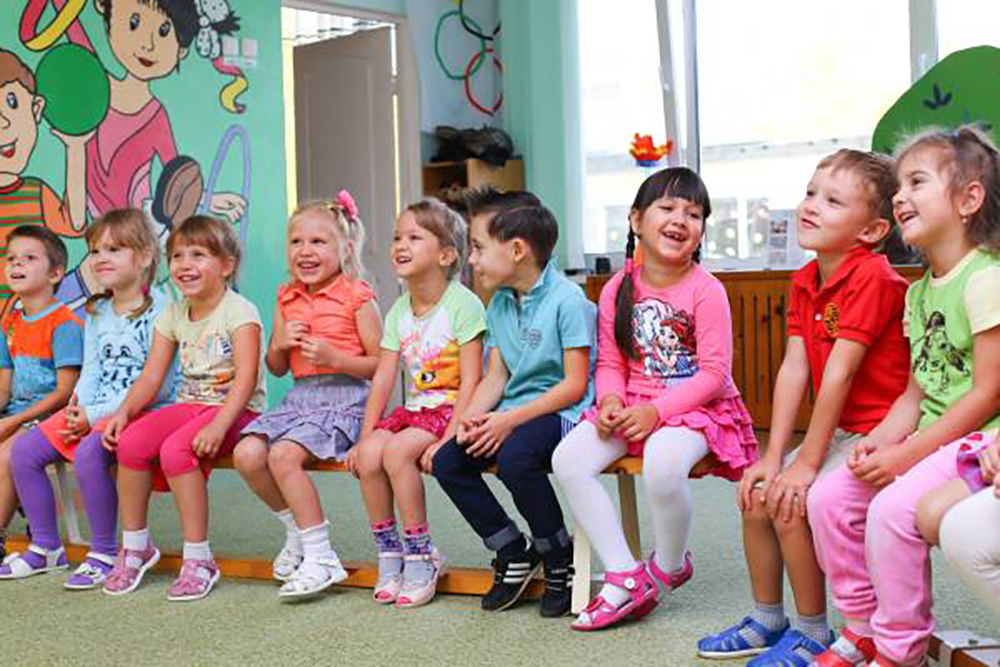With a growing mental health crisis among young people—a trend both exacerbated and illuminated by COVID—the need for school psychologists is multiplying. School psychologists in the United States offer counseling, assess students for intervention needs, respond to crises, launch school-wide initiatives to reduce bullying—and more. Trained in psychology, child development, and education, these experts play a crucial role in identifying mental health needs in young people, especially in cases where families don’t speak English or don’t have resources to pursue evaluations on their own.
But school psychologists are in short supply in the U.S. During the 2021–22 school year, there was, on average, just one psychologist for every 1,127 students in kindergarten through 12th grade across the United States (State Shortages Data Dashboard, National Association of School Psychologists (NASP), January 2023). That’s far fewer than the goal of one for every 500 students set by NASP. There is a particular need for bilingual school psychologists to work in a culturally sensitive and inclusive way with an increasingly diverse student body. The shortage is notably extreme in rural areas and certain parts of the country, especially southern states.
In Mississippi, according to the best available data, there is one school psychologist for every 9,292 students. In New Mexico, the ratio is 19,811 to one. In rural Colorado, it’s 2,128 to one, compared with 942 to one in the state overall. Only a few states and territories meet or come close to the recommended ratio, including Utah and Puerto Rico.
“Our nation is seeing increasing numbers of students experiencing poverty and trauma and growing numbers of children with mental health disorders,” said Andrea Clyne, PhD, president of NASP in Bethesda, Maryland. “Schools are woefully underresourced when it comes to the provision of needed services for a population with diverse backgrounds and needs.”
To address the gap between supply and demand, a variety of efforts are underway to boost the numbers of mental health professionals in schools. Many of those efforts are buoyed by an influx of support from the U.S. Department of Education. In 2023, the department gave $141 million to 103 states and school districts. Grantees are working to raise the profile of school psychology as a profession and recruit more candidates by eliminating the barriers to entry. It is the biggest level of commitment counseling psychologist Dorothy Espelage, PhD, has seen in her 30 years in the field, and it is fueling long-overdue momentum.
“It took a crisis in the schools,” said Espelage, who is also a bullying-prevention expert at the University of North Carolina, Chapel Hill. “We’ve had the shortage, but somehow—because of the suicide rates, because of school shootings and other crises—we’ve had an administration that said, ‘We’re going to pay attention to mental health.’”




Leave A Comment
You must be <a href="https://www.psi-solutions.org/wp-login.php?redirect_to=https%3A%2F%2Fwww.psi-solutions.org%2Fmoreschoolpsychs%2F">logged in</a> to post a comment.